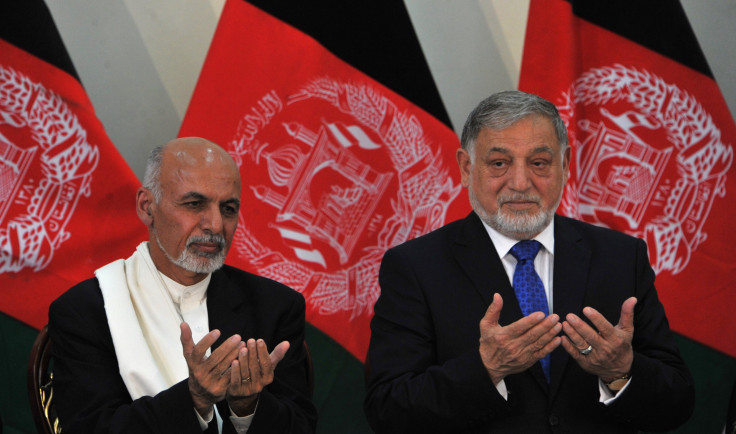Afghan Electoral Commission Head Quits, Clouding Political Landscape

Afghanistan’s top electoral official resigned Saturday, potentially complicating efforts to organize parliamentary elections for this autumn.
Ahmad Yousuf Nuristani, who has repeatedly accused the government of meddling in the electoral process, stepped down two years after he was accused of failing to prevent fraud in a bitterly disputed presidential ballot.
A spokesman for the Independent Election Commission, which Nuristani chaired, said he had resigned in the “national interest,” declining to comment further.
President Ashraf Ghani accepted his resignation, the presidential palace said on its Twitter feed.
Efforts by Reuters to contact Nuristani were unsuccessful.
He was in charge of organizing the 2014 presidential election, the country’s first democratic transfer of power, which descended into near-chaos when both Ghani and his rival, Abdullah Abdullah claimed victory.
Abdullah’s supporters have long sought Nuristani’s ouster, and Saturday’s resignation might be seen as a concession to them.
It took months for both Ghani and Abdullah to agree to form a power-sharing unity government brokered by U.S. Secretary John Kerry.
After a recount supervised by the United Nations, Ghani was declared the election winner and on the day of his inauguration created the post of Chief Executive for Abdullah.
The pair agreed on electoral reform as a prelude to holding future elections, but little progress has been made since they have long disagreed over who should lead the reform commission.
Frustrated international donors decided to cut short a multimillion-dollar project to fund electoral bodies last year because of the delays setting a date for the vote.
Parliamentary elections have been penciled in for Oct. 15 against a backdrop of deepening economic crisis and a growing Taliban insurgency since the departure at the end of 2014 of foreign combat troops.
© Copyright Thomson Reuters 2024. All rights reserved.





















